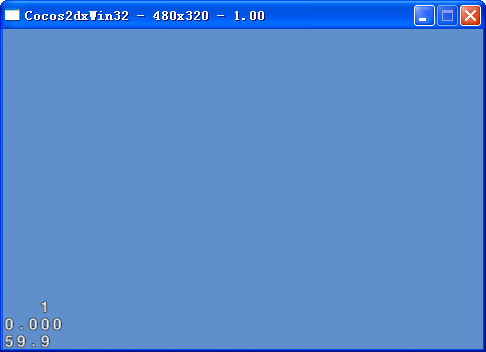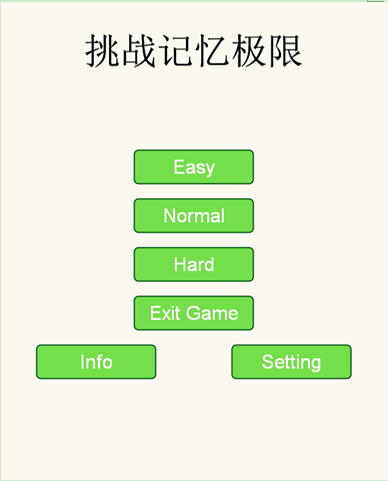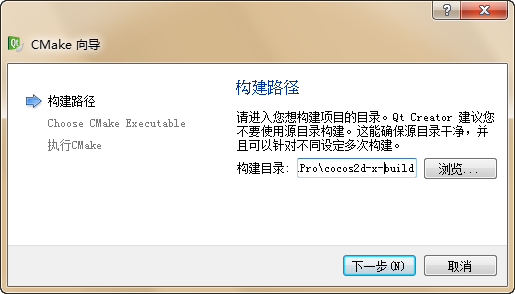iconv的作用是将文本在多种国际编码格式之间进行转换。
头文件"iconv.h"。iconv命令可以将一种已知的字符集文件转换成另一种已知的字符集文件。
目前版本为2.3.26,支持的内码包括:Unicode相关编码,如UTF-8、UTF-16等等,各国采用的ANSI编码,其中包括GB2312、BIG5等中文编码方式。
作为编程接口的iconv包括3个函数:
- iconv_open函数用于初始化用于转换的内部缓冲区,指明需要从何种编码方式转换到哪一种。
- iconv函数进行实际的转换,需要给出两个间接缓冲区指针和剩余字节数指针。该函数需要更新所有相关信息,因此将不可改写的指针传递给iconv是错误的。
- iconv_close函数释放iconv_open函数的缓冲区。
Convert.h
#ifndef _Convert_H_
#define _Convert_H_
#include <vector>
#include <string>
namespace utility
{
int utf8_len(std::string utf8);
std::string a_u8(std::string gbk);
std::string u8_a(std::string utf8);
}
#endif // _Convert_H_
Convert.cpp
#include "Convert.h" #include "cocos2d.h" #if (CC_TARGET_PLATFORM == CC_PLATFORM_WIN32) #include "win32-specific\icon\include\iconv.h" //#pragma comment(lib,"libiconv.lib") #else #include <iconv.h> #endif ////////////////////////////////////////////////////////////////////////// /** * 计算utf8字符串长度 * @param utf8 utf8字符串 * @return 字符串长度 */ int utf8_len(const char *utf8) { int i = 0,j = 0; while (utf8[i]) { if ((utf8[i] & 0xc0) != 0x80) j++; i++; } return j; } int utf8_cmp(const char* str1,const char* str2) { unsigned int len1=(unsigned int)strlen((char*)str1); unsigned int len2=(unsigned int)strlen((char*)str2); unsigned int len = (len1<len2) ? len1 : len2; int ret = memcmp(str1,str2,len); if(ret == 0){ if(len1 > len2) ret = 1; else if(len1 < len2) ret = -1; } return ret; } /** * 计算ucs2字符串长度 * @param ucs2 ucs2字符串 * @return 字符串长度 */ int ucs2_len(const unsigned short* ucs2) { int i = 0; while (ucs2[i] != 0) { char c0 = ucs2[i]&0xff; char c1 = ucs2[i]>>8&0xff; if (c0 == '\0' && c1 == '\0') break; ++i; } return i; } ///////////////////////////////////////////////////////////////////////////// int code_convert(const char *from_charset,const char *to_charset,const char *inbuf,size_t inlen,char *outbuf,size_t outlen) { #if (CC_TARGET_PLATFORM == CC_PLATFORM_WIN32) iconv_t cd; const char *temp = inbuf; const char **pin = &temp; char **pout = &outbuf; memset(outbuf,outlen); cd = iconv_open(to_charset,from_charset); if(cd==0) return -1; if(-1==iconv(cd,pin,&inlen,pout,&outlen)) return -1; iconv_close(cd); return 0; #endif #if (CC_TARGET_PLATFORM != CC_PLATFORM_WIN32) iconv_t cd; const char *temp = inbuf; const char **pin = &temp; char **pout = &outbuf; memset(outbuf,(char **)(pin),&outlen)) return -1; iconv_close(cd); return 0; #endif return 0; } namespace utility { /** * 计算utf8字符串长度 * @param utf8 utf8字符串 * @return 字符串长度 */ int utf8_len(std::string utf8) { return strlen(utf8.c_str()); } int IsTextUTF8(const char* str,unsigned int length) { return 0; unsigned int i; unsigned long nBytes=0;//UFT8可用1-6个字节编码,ASCII用一个字节 unsigned char chr; int bAllAscii=1; //如果全部都是ASCII,说明不是UTF-8 for(i=0;i<length;i++) { chr= *(str+i); if( (chr&0x80) != 0 ) // 判断是否ASCII编码,如果不是,说明有可能是UTF-8,ASCII用7位编码,但用一个字节存,最高位标记为0,o0xxxxxxx bAllAscii= 0; if(nBytes==0) //如果不是ASCII码,应该是多字节符,计算字节数 { if(chr>=0x80) { if(chr>=0xFC&&chr<=0xFD) nBytes=6; else if(chr>=0xF8) nBytes=5; else if(chr>=0xF0) nBytes=4; else if(chr>=0xE0) nBytes=3; else if(chr>=0xC0) nBytes=2; else { return 0; } nBytes--; } } else //多字节符的非首字节,应为 10xxxxxx { if( (chr&0xC0) != 0x80 ) { return 0; } nBytes--; } } if( nBytes > 0 ) //违返规则 { return 0; } if( bAllAscii ) //如果全部都是ASCII,说明不是UTF-8 { return 0; } return 1; } std::string a_u8(std::string gbk) { size_t inlen = strlen(gbk.c_str()); if (inlen <= 0) { return std::string(); } char * outbuf = new char[inlen * 4+2]; std::string strRet = gbk; if(code_convert("gbk","utf-8",gbk.c_str(),inlen,outbuf,inlen * 4+2 ) == 0) { strRet = outbuf; } delete [] outbuf; return strRet; } std::string u8_a(std::string utf8) { size_t inlen = strlen(utf8.c_str()); if (inlen <= 0) { return ""; } char * outbuf = new char[inlen * 4+2]; std::string strRet = utf8; if(code_convert("utf-8","gbk",utf8.c_str(),inlen*4+2) == 0) { strRet = outbuf; } else { strRet = "Error"; } delete [] outbuf; return strRet; } }
Mac下系统自带iconv.h文件
NDK自带的iconv,查看 android-ndk-r9d/sources/android/support/include/iconv.h
在Android.mk中加入
LOCAL_WHOLE_STATIC_LIBRARIES += android_support
$(call import-module,android/support)
编译android包,cocos compile -p android,就不会报iconv.h文件找不到的问题了。




